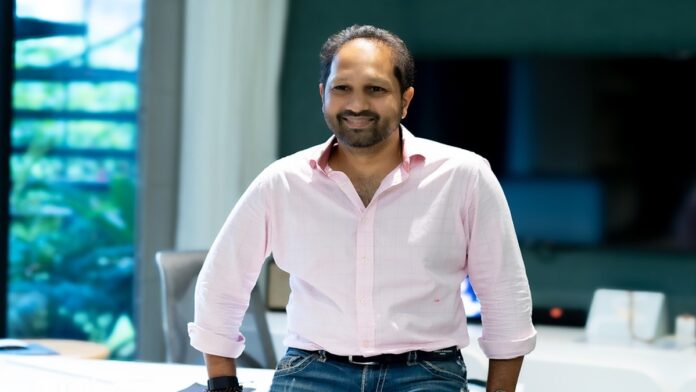Venture capital firm Lightbox Ventures is gearing up to raise a $200 million fourth fund. Managing director Sandeep Murthy discusses with Anees Hussain, the company’s strategic shift, and future plans. Excerpts:
Q. What’s behind Lightbox’s recent structural changes?
Initially, we relied on individual investors to drive value, but we’ve realised that investing and building require different skill sets. With ‘Lightbox 2.0,’ we are enhancing operational expertise. We’ve brought in Ashish Bhargava from True North, who has a decade of experience at Marico. Additionally, we are focusing on corporate governance and defining functional areas within our portfolio, ensuring we invest in companies we can truly help scale.
ALSO READSingTel planning to sell shares worth Rs 8,500 crore in Bharti Airtel: Reports Q. Are you launching a new fund?
Yes, we are preparing to raise a $200 million fund, serving two purposes: providing liquidity to existing LPs and making fresh investments. Fundraising will begin in the second half of this year, though the closing timeline will depend on market conditions.
Q. What sectors will you focus on?
We will continue backing early-stage consumer businesses in retail, healthcare, financial services, staples, energy, utilities, entertainment, and travel. The goal is to invest where our operational expertise can drive significant impact.
Q. How are your existing funds performing?
Our first fund included companies like Cleartrip, Info Edge, MapmyIndia, and InMobi, with Paymate as the last remaining asset. We achieved an 8x return. Fund 2, featuring Furlenco, Embibe, Melorra, Rebel Foods, and Bombay Shirt Company, has returned about 30% of capital through exits like Rebel Foods (via KKR) and Embibe (via Reliance). Fund 3, including Waycool, Dunzo, Truecaller, Rupeek, Rooter, Amaha, Cityflo, Zeno Health, and Nua, is nearly fully deployed, with one investment slot remaining.
Q. Several of your portfolio companies are profitable. What’s driving this?
We encourage companies to ‘walk and chew gum at the same time’— grow while being profitable. This means reducing non-core overheads and improving gross margins. Rebel Foods shifted from kitchen expansion to optimising existing networks, adding more brands per kitchen for better Ebitda. Furlenco began manufacturing furniture in-house, cutting costs and improving product quality. Nua reduced cash burn by 50% while growing revenue and expanding offline distribution to over 2,000 stores, including Reliance Retail and DMart.
» Read More


